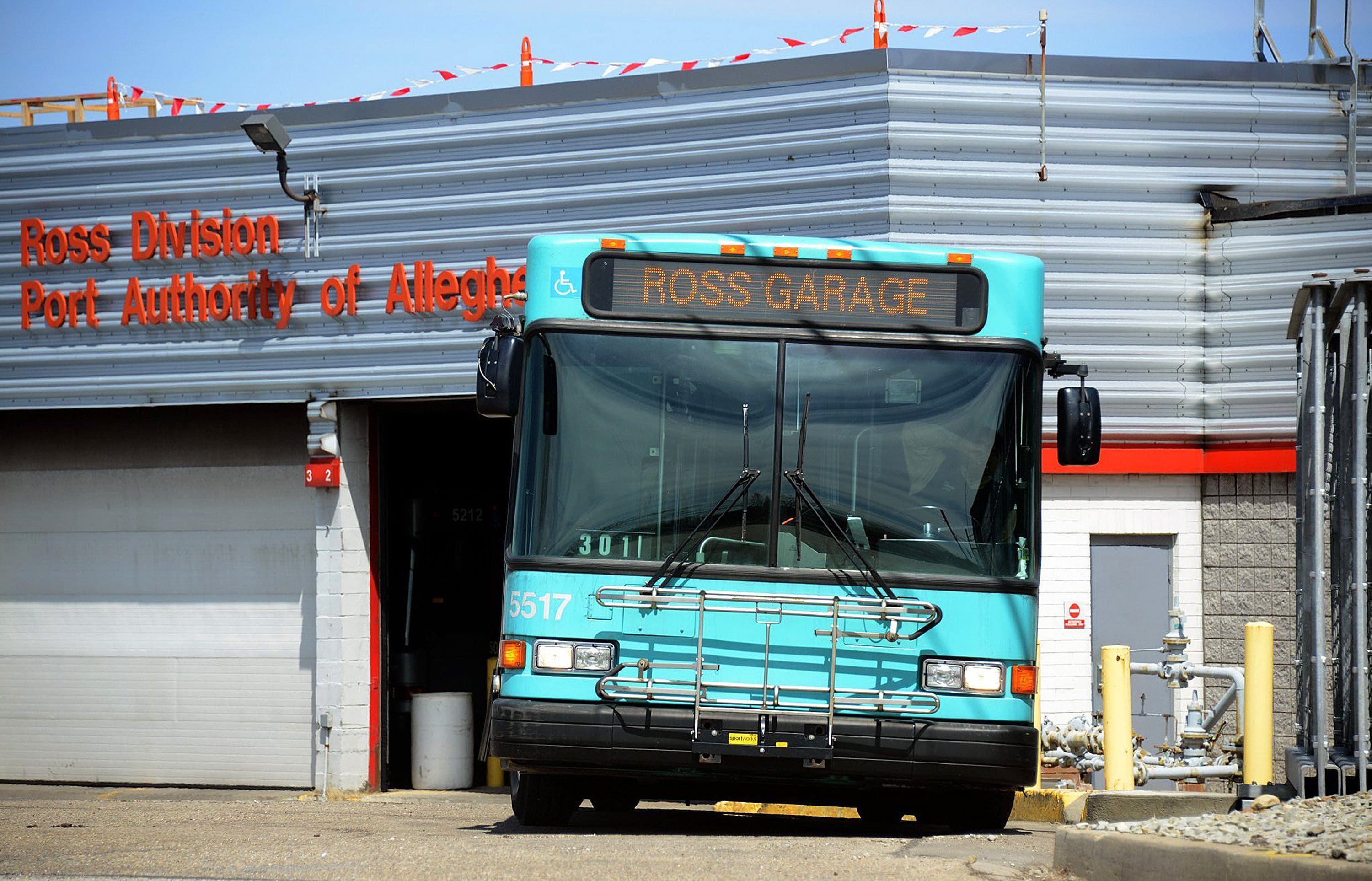Many with ties to the energy industry are fighting a perception battle that is preventing more compressed natural gas vehicles from hitting the road.
Matt Nealis is one of them.
For years he has heard from potential clients who have shunned converting their corporate fleets of cars, trucks and buses into CNG vehicles because they think it will cost too much to bring their garages up to fire code.
The CNG project manager for Larson Design Group, an architecture and engineering firm in Williamsport, Pa., spends a lot of his time consulting with fleet managers about modifying their garages to handle the demands of the different fuel — and making the case that some price estimates for the work may be inflated with unnecessary changes.
“I don’t want a garage modification to prohibit a company from converting to CNG,” said Nealis, who often travels to conventions and trade shows educating people on the topic. “And it shouldn’t, because your investment is very minor compared to the long-term return.”
The chemistry of compressed natural gas is different than that of diesel and unleaded gasoline. When diesel or unleaded gas leaks, it falls to the ground because it is heavier than air. CNG is lighter than air, so it rises. That can be problematic in garages built to service conventional vehicles. Fans, electrical wires, heating and ventilation systems, and a variety of other ceiling components can ignite natural gas that leaks and rises.
Renovations to prepare for a CNG fleet require ceilings to meet fire code and to provide proper ventilation, so any natural gas that leaks does not linger.
The National Fire Protection Association, a nonprofit organization in Quincy, Mass., sets the standard for fire codes nationwide, including those related to CNG vehicles. Local municipalities can write their own code to supplement, or supersede, NFPA code.
“There’s not a lot of great information out there in terms of this,” said David Ross, vice president of demand development for Pittsburgh-based EQT Corp.
“It’s all subject to the National Fire Protection Association. Those rules are all subject to interpretation by the local fire marshal. Each fire marshal could, in a sense, have a different opinion.”
Putting more CNG vehicles on the road is important to natural gas developers because an increase in demand would boost prices and revenues. With natural gas exporting capability still several years away, increasing domestic demand could help raise natural gas prices that have thinned margins for energy companies that extract gas from the Marcellus Shale region that includes much of Western Pennsylvania.
CNG usually costs significantly less than a gasoline or diesel gallon equivalent at the pump. Diesel fuel currently costs about $3.97 a gallon, while gasoline averages $3.68 a gallon nationwide, according to the U.S. Energy Information Administration. The average cost for a comparable “gallon” of CNG is $2.30.
For the average driver, it is not cost-effective to switch a car from unleaded gasoline or diesel to CNG, according to a Carnegie Mellon University study released in spring 2013. The life expectancy for personal-use vehicles is too short to reap the returns from fuel savings, the study concluded.
Where it does make financial sense is for high-mileage fleet vehicles — taxis, transit buses and trucks. It especially makes sense for trains, barges and boats, said Deborah Stine, a faculty adviser on the student-led study.
CNG has a side benefit in that it burns cleaner than diesel and gasoline, decreasing carbon emissions.
Even before taking the garage issues into account, fleet conversion from diesel vehicles to CNG is not cheap.
When Waste Management Inc., a Houston-based trash-collection company, started buying CNG vehicles in 2011, it spent $30,000 more per vehicle over a similar diesel model. The costs are similar for transit buses and semi-tractors, though they have decreased by nearly 50 percent in the past five years, Ross said.
But the vehicle costs are known and expected. It’s the capital costs, such as garage modifications and fueling stations, that scare off potential adopters.
The Port Authority of Allegheny County has explored converting parts of its fleet of transit buses to CNG vehicles — it already has converted some of its diesel buses to hybrid electric vehicles. But a 2012 EQT Corp. analysis concluded it would cost the Port Authority $20.8 million in upfront costs to start the conversion, which was not feasible despite estimated annual fuel savings of $2.9 million per year.
Of that $20.8 million, $18 million would have been needed to renovate and retrofit a bus garage and repair facility, and to supply them with refueling stations. Some garages could not be converted to house CNG vehicles, according to the report, and another garage could not be converted without losing a significant amount of employee parking.
Port Authority spokesman Jim Ritchie declined to be interviewed for this report but said the Port Authority is continuing to look into CNG fleet conversion.
The CMU study concluded that taxis, school buses, transit buses and heavy-duty trucks all likely would save money by converting before the end of a vehicle’s lifespan, even when considering the high capital costs of conversion.
Some companies have already converted parts of their fleets to CNG, such as grocer Giant Eagle and Pittsburgh health care provider UPMC.
“It seems the garage modification is the big unknown,” Nealis said. “We’re trying to clear some things up. It’s not a mysterious number. It’s pretty straightforward.”



